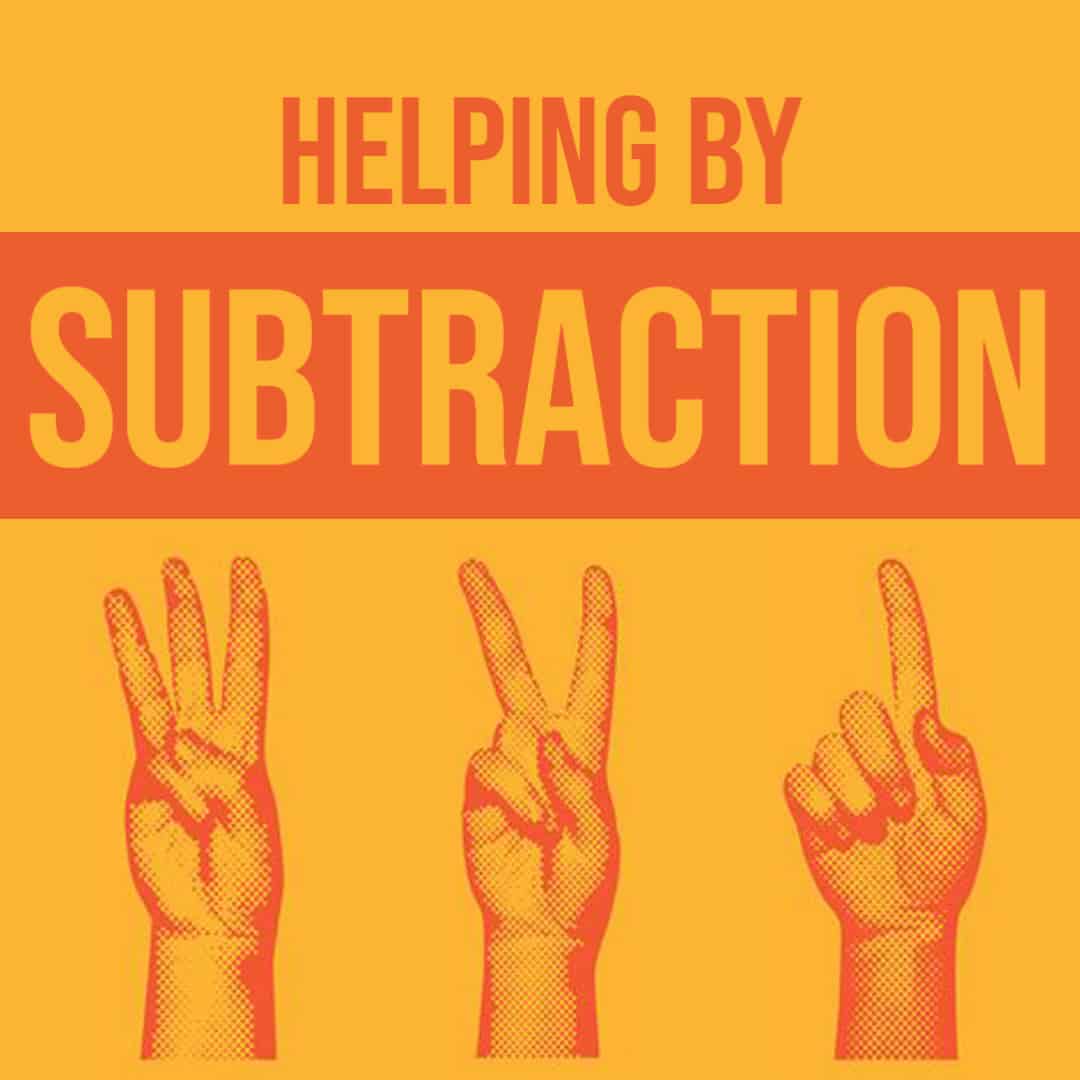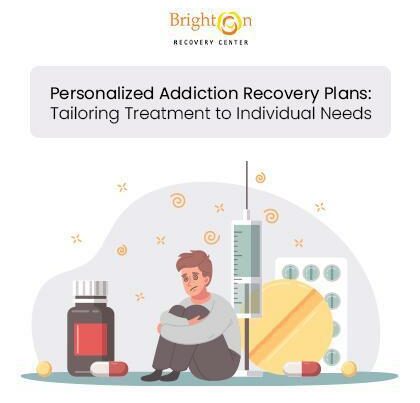Helping by Subtraction

Wanting to help someone who is addicted to drugs, alcohol, or gambling is a natural feeling. There are many things that you can do to open up a dialogue and create a discourse with an addicted person. Through this connection, you can help encourage them to get help. However, a commonly overlooked topic is that there are also several things that one should actively avoid doing through the recovery process. Avoiding specific actions is not the same as doing nothing. It just means that we should encourage a sense of agency and create a comfortable environment for the recovering individual.
Lead by subtle example
Avoid drinking, playing the lottery, or smoking while in front of someone recovering from addiction. Going out to a party with the person as a supportive friend is a fantastic way to aid the recovery process. Still, remember that being there and drinking sends a mixed message to the person in recovery.
It makes it easier for them to relapse and begin using it again. For gambling addictions, avoid even playing games that could be construed as or connected with gambling. For example, if someone is addicted to the lottery, playing poker can trigger similar instincts in the addicted individual that may lead to them using once again.
[vc_empty_space]
Don’t Take Their Responsibilities
Avoid trying to do too much for the individual outside of their addiction recovery path. Encourage them to handle their house chores, errands, and any other responsibilities that the person may have. While it may be tempting to help in every way, taking care of an addict’s responsibilities can be considered enabling behavior. It is not the job of the caretaker to make the recovery process easier. Your job is simply to be a support for when times inevitably become difficult.
Watch the Money
Being an addict comes with a huge financial price tag. It is not uncommon for addicted people to run into their own myriad of financial troubles along the way. Wanting to support an addict financially throughout recovery is only natural, but it can be a slippery slope. Carefully monitor how you provide financial aid.
Deny lending money if your loved one is unclear what they need it for, or if they cannot prove that your money is going towards necessary expenditures. It can be counterproductive to recovery if your money goes towards drugs, alcohol, or lottery tickets. Go with the addicted person or purchase the things they need yourself. This is the best way to be sure you know what the money is being spent on.
Even with good intentions from the addicted person, there is no way of telling when urges may once again resurface. An addicted person may genuinely intend to do some grocery shopping, but they can’t predict when urges will attack. For this reason, monitoring your financial support is the best way to be sure that the money will be used for the right purpose. Only provide money when absolutely necessary. Do not offer this support just because they ask. Have them prove why they cannot afford it.
Be Ready for the Long Haul
Continuously providing this kind of hands-off support is a necessary step in the rehabilitation of your loved one. Doing these things will cause friction between the caretaker and the addicted person in recovery, but it’s a necessary conflict. Wanting them to get better quickly is natural. Still, nothing is more important than the quality of the rehabilitation that they receive. Rushing their recovery and making hasty financial contributions will only slow them down in the long run. It takes time for substance use to develop into an addiction.
Similarly, it takes a long time for an addicted individual to break their habit and move towards a persistent healthy lifestyle. These ongoing trials are exceedingly hard on the caretakers and loved ones of the individual, just as they are for the addicted person. While these practices may make them angry, they are essential in the recovery process. The addicted person’s anger can serve as a bittersweet message that things are going well. Forgive their anger and mood swings as they go through recovery, and don’t rush them to get better faster. Instead, encourage them to get better in the best way possible.
For more information regarding the recovery process from any kind of addiction and what one can do for the addicted individual, contact Brighton Recovery Centers at 1-844-479-7035 today. With individualized programs catered to each unique individual’s needs, Brighton provides services to all kinds of addictions. They also provide treatment for co-occurring disorders in a holistic approach, with professional, caring staff there each step of the way. It’s your recovery, treatment, and recovery, and Brighton is there to help you realize all that you can be.



